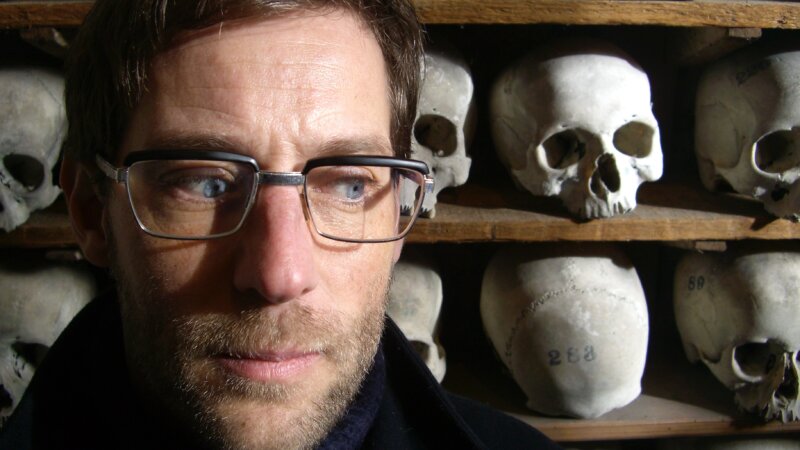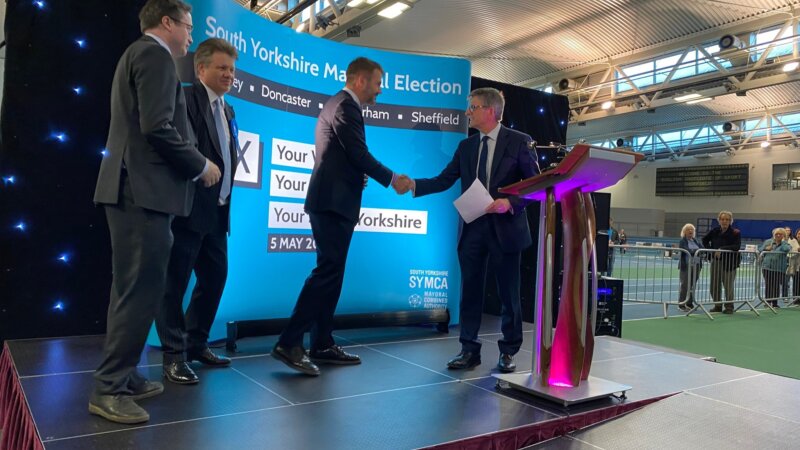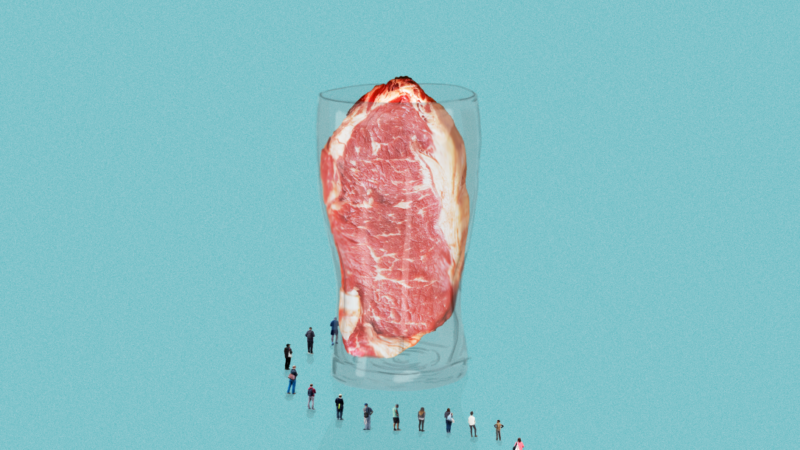Can we really enforce a ‘one size fits all’ number for adulthood?
As part of Festival of Debate 2024, ‘Debunking Adulthood: Is 18 The Magic Number?’ will look at what adulthood really means. Emily Shenton looks at why this needs to be discussed.
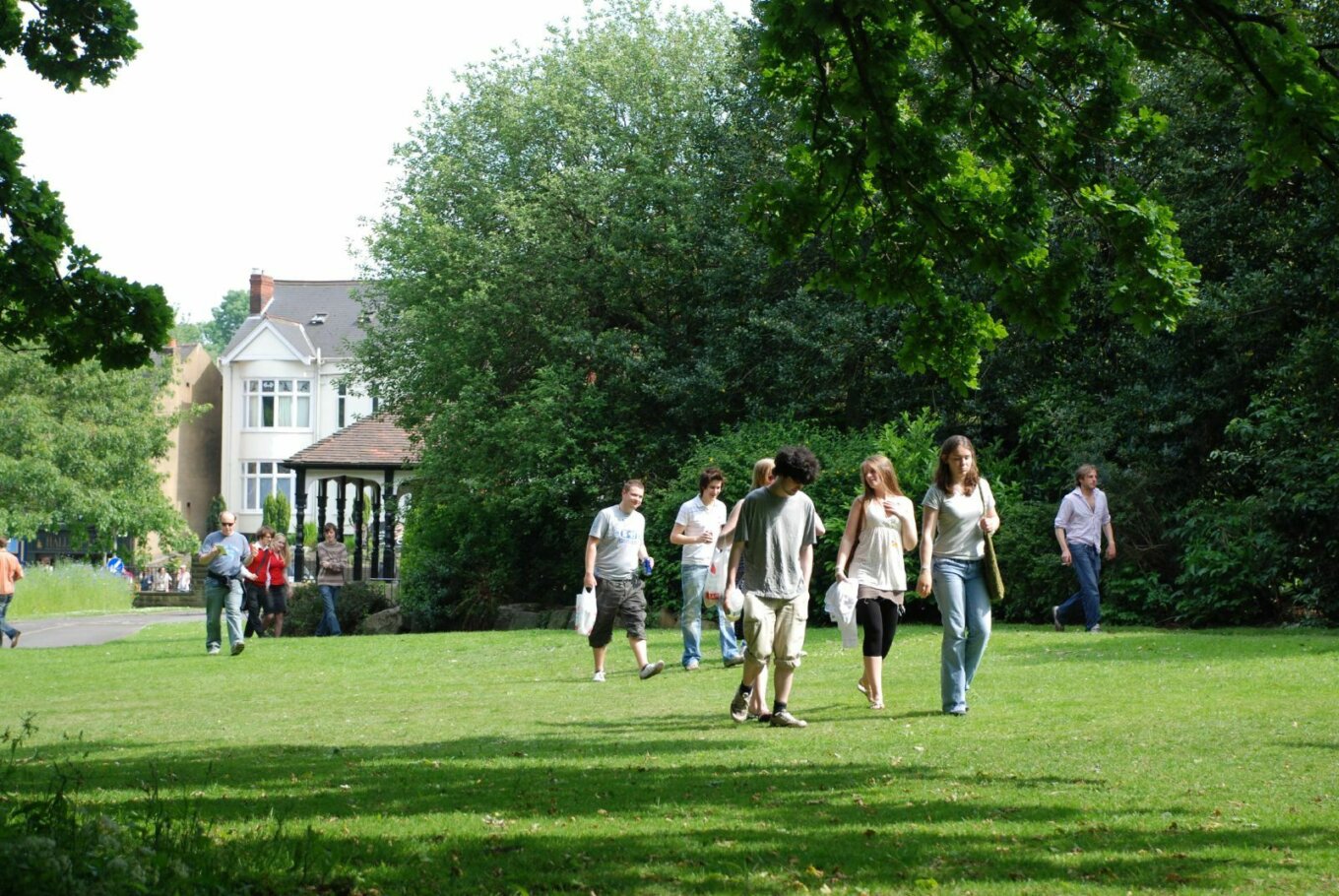
Young people in Endcliffe Park
Philippa WillittsMost of us can remember turning 18, fresh faced and pushed out into the world with no idea what we were doing. But becoming an ‘adult’ probably looked very different for every single one of us. Some of us were still sitting our A-levels, some in college, some working full-time, some leaving care for the first time, some with children of our own. The only thing we all had in common was this shiny new status.
How do we define an adult? Scientists have found we aren't fully grown until we’re at least 25, when our prefrontal cortex finishes developing and, of course, this differs from person to person.
This part of the brain performs reasoning, planning, judgement and impulse control, all of which are essential to becoming an adult. Those with an underdeveloped prefrontal cortex are more likely to rely on emotions, make poor decisions and have the inability to judge whether a situation is safe.
So is it really fair to say when you turn 18 you are magically an adult, even though you might be lacking the toolkit to perform like one?
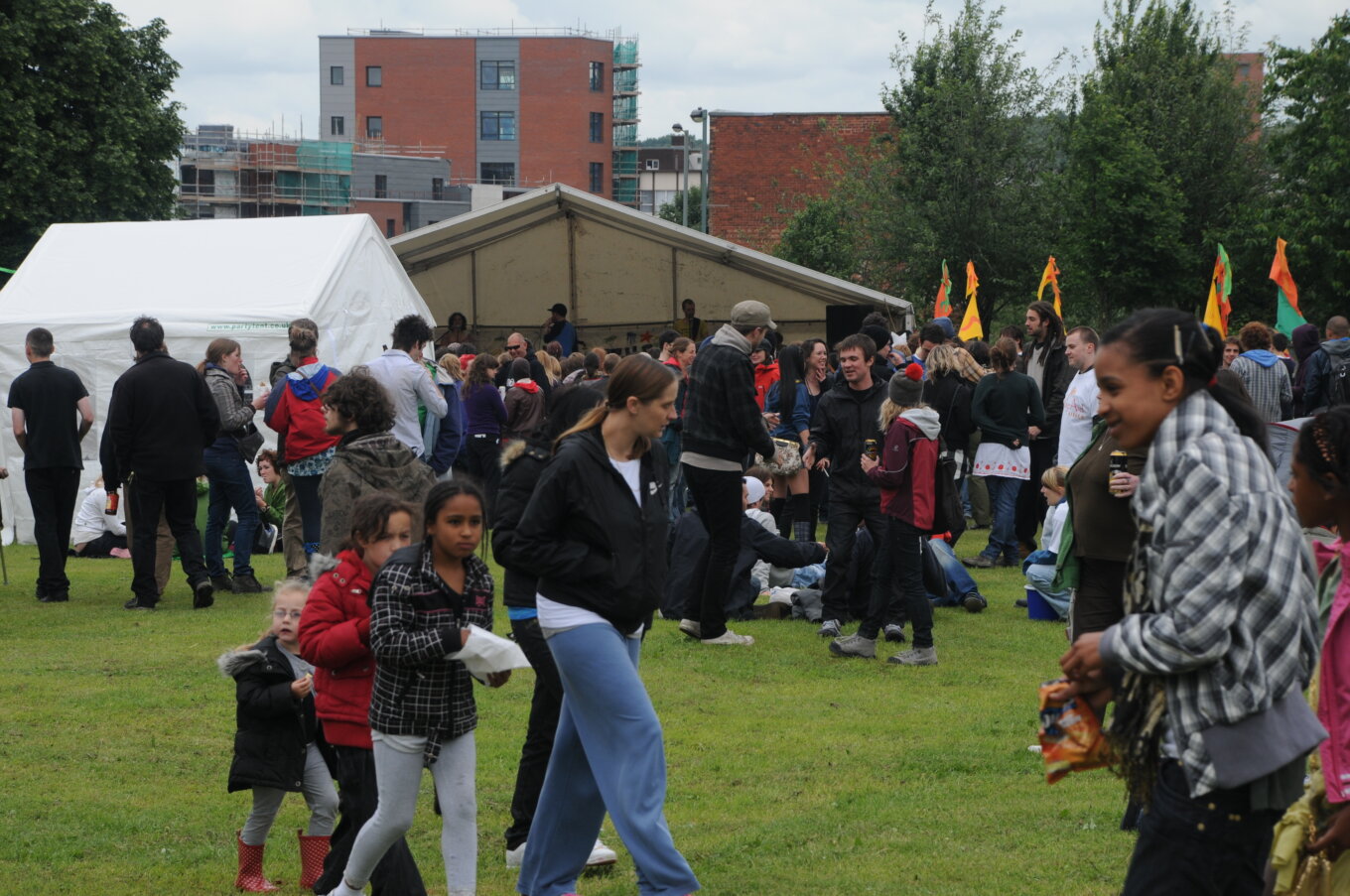
Children, teenagers and adults in the Ponderosa park
Philippa WillittsSome may argue adulthood is fluid, gained through life experience and learning from our mistakes, subjective to each individual. In the UK, at 16 you can legally consent to sex and therefore have a child, so by this calculation a child themselves is deemed responsible enough to take care of another child. Accounting for the needs, safety and wellbeing of a baby would, for most people, equate to being an adult. On top of this, you could be working full-time, you’ve moved out and manage your own finances, yet solely because of your age, in the eyes of the law, at 16 you are still a child yourself.
At the other end of the spectrum, you may be 24 and not have the responsibility of managing or fully financing a household. Your parents may still take on that responsibility on your behalf as you live at home. This experience, or lack of experience perhaps, doesn't make you any less of an adult, but there is a stark contrast between you and the 16-year-old ‘child’.
Can we really enforce a ‘one size fits all’ number for adulthood, or is it a feeling based on personal experience?
Despite our personal situations, we all still enter legal ‘adulthood’ at the same time, at the age of 18. We are all thrown into the real world, almost certainly underprepared, probably in a very different situation to our peers.
We all reach this milestone and start this new chapter, blanketed with the idea that we somehow all woke up on our 18th birthday and magically became a fully functioning adult.



